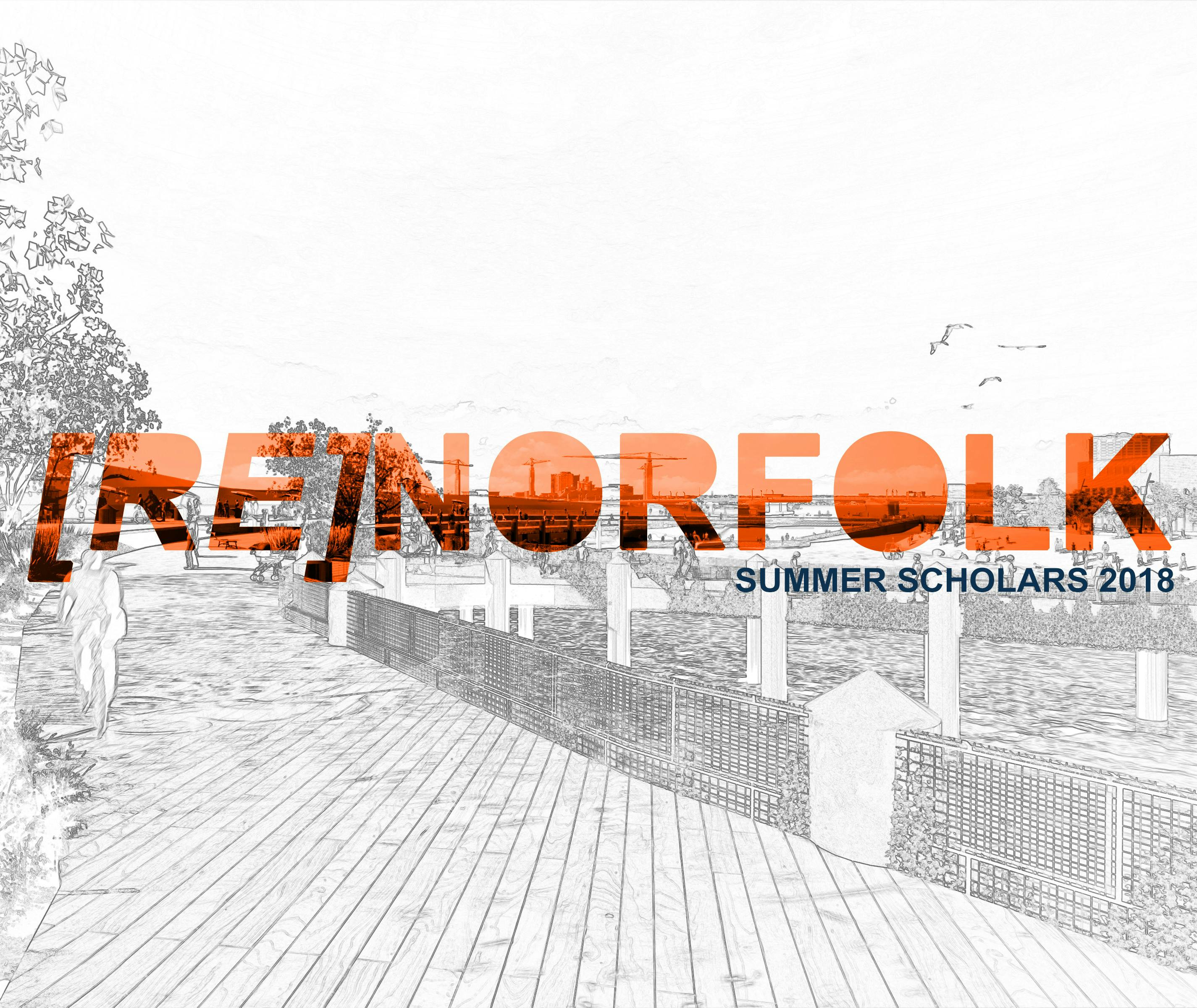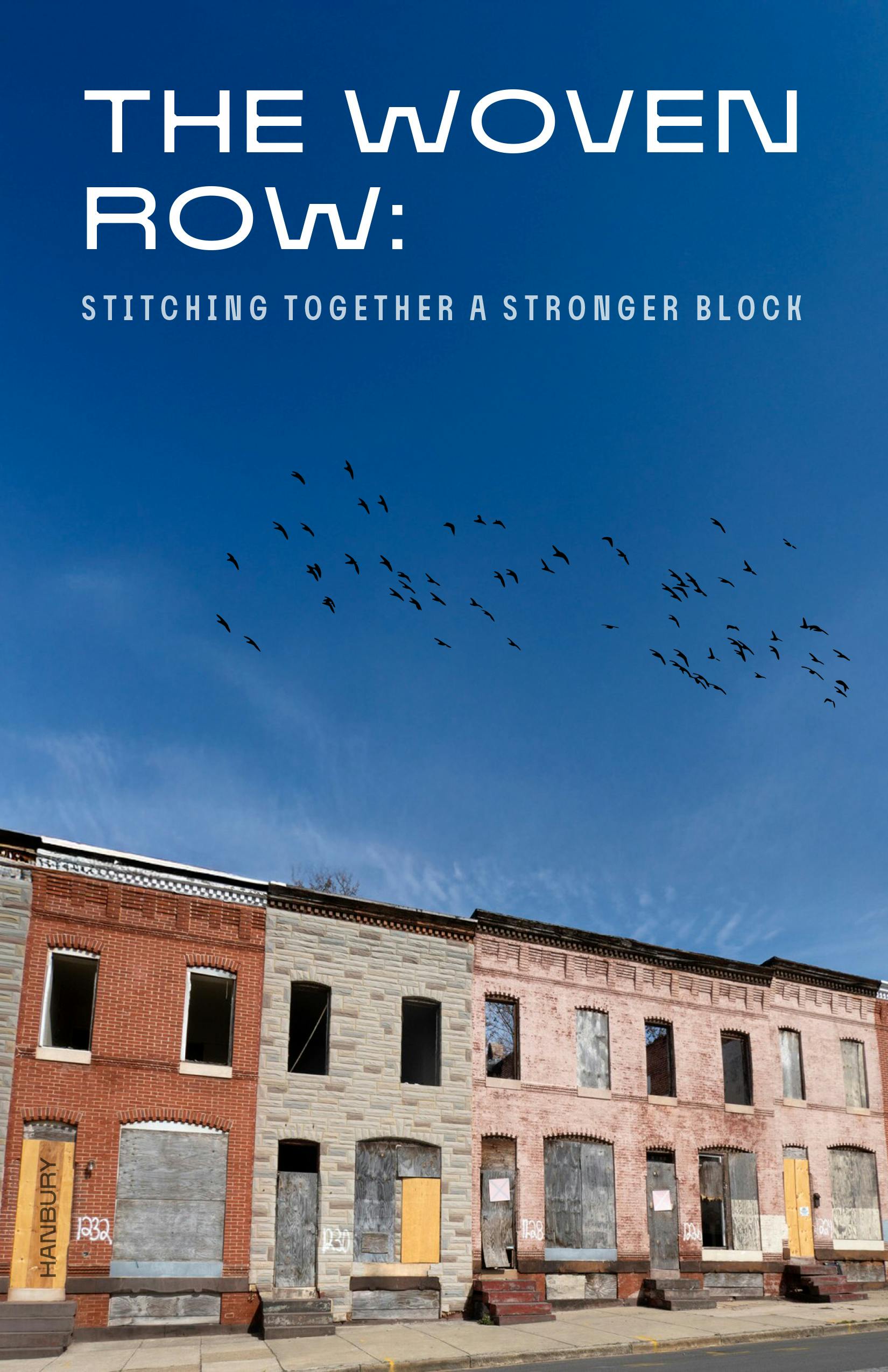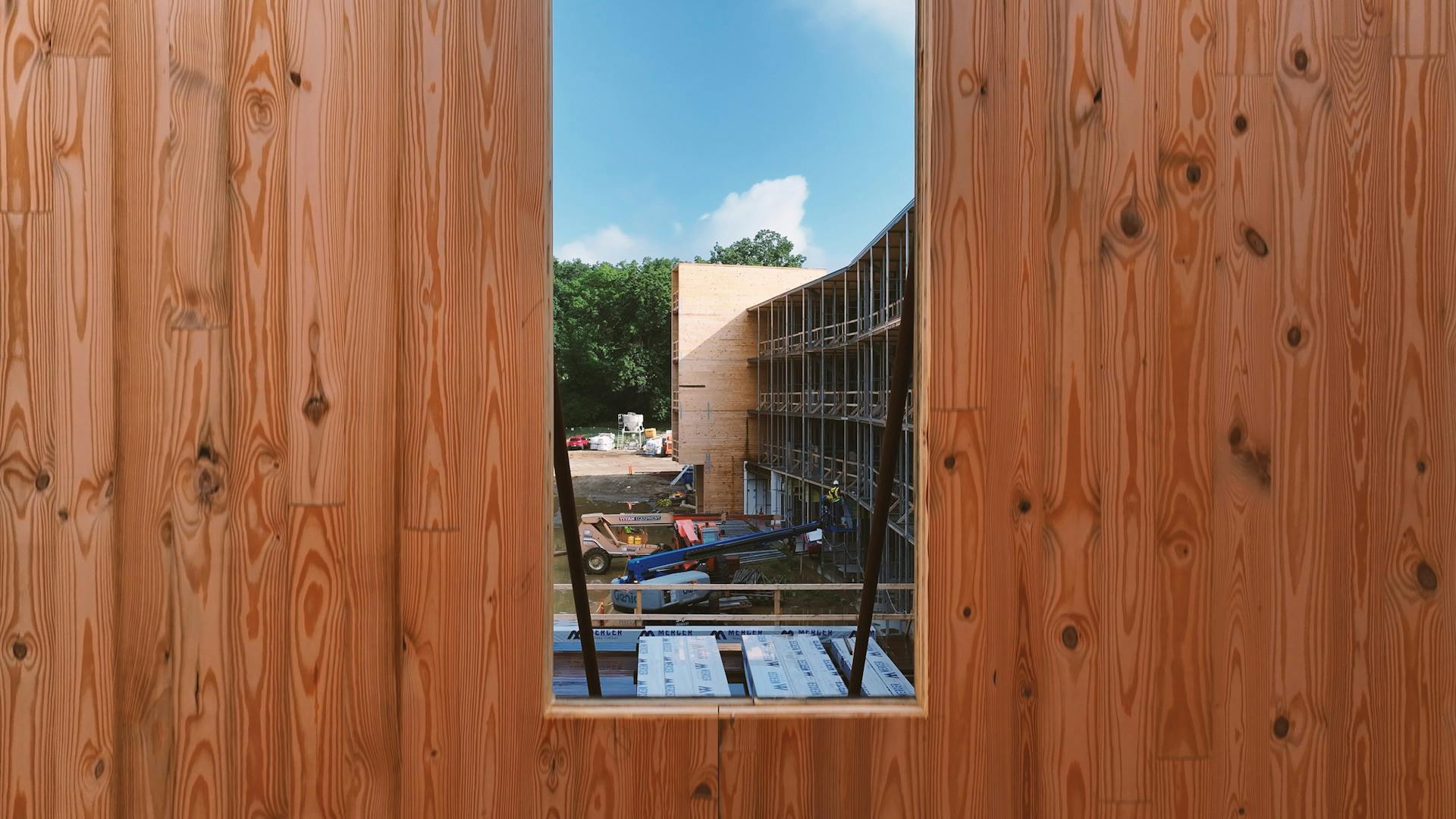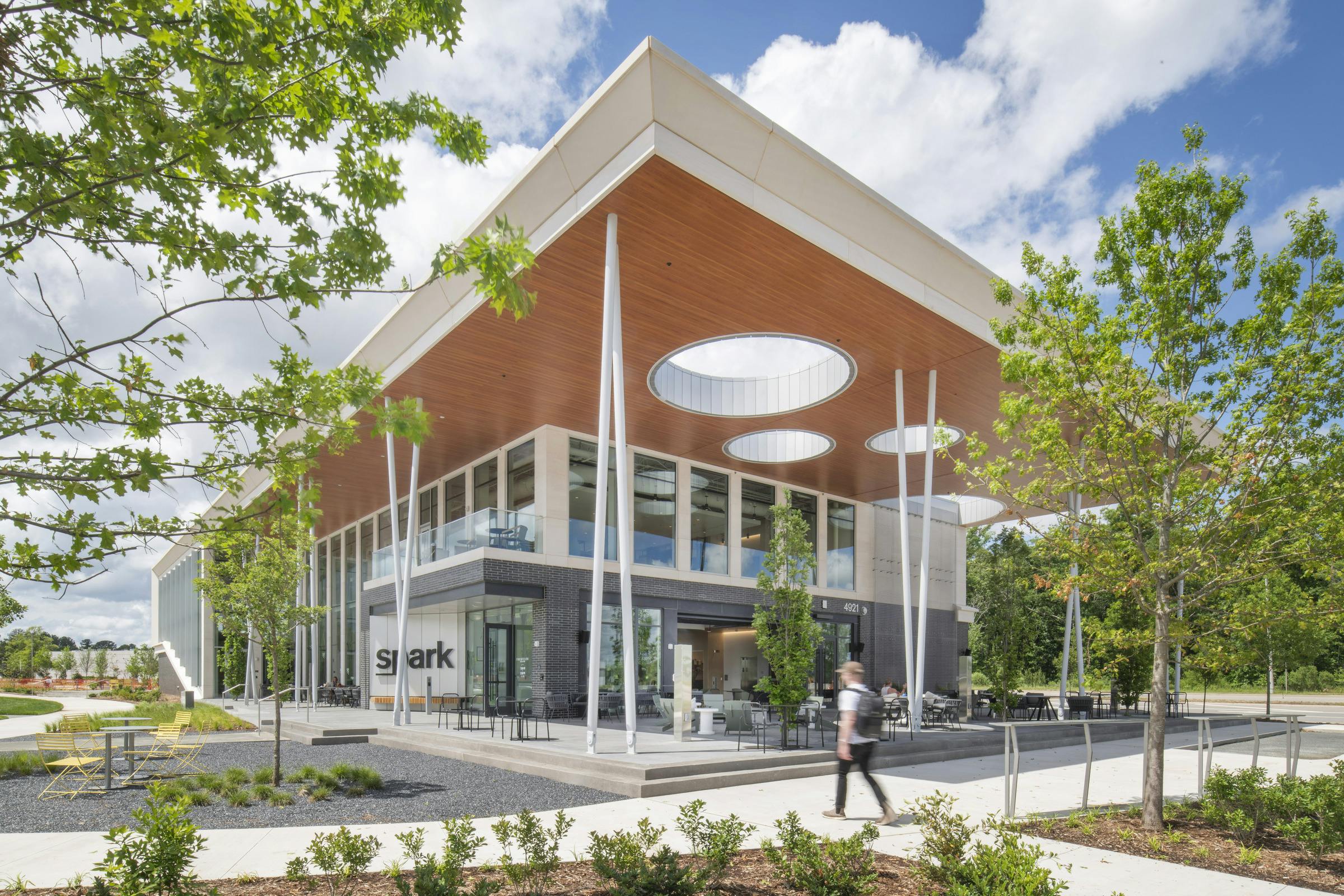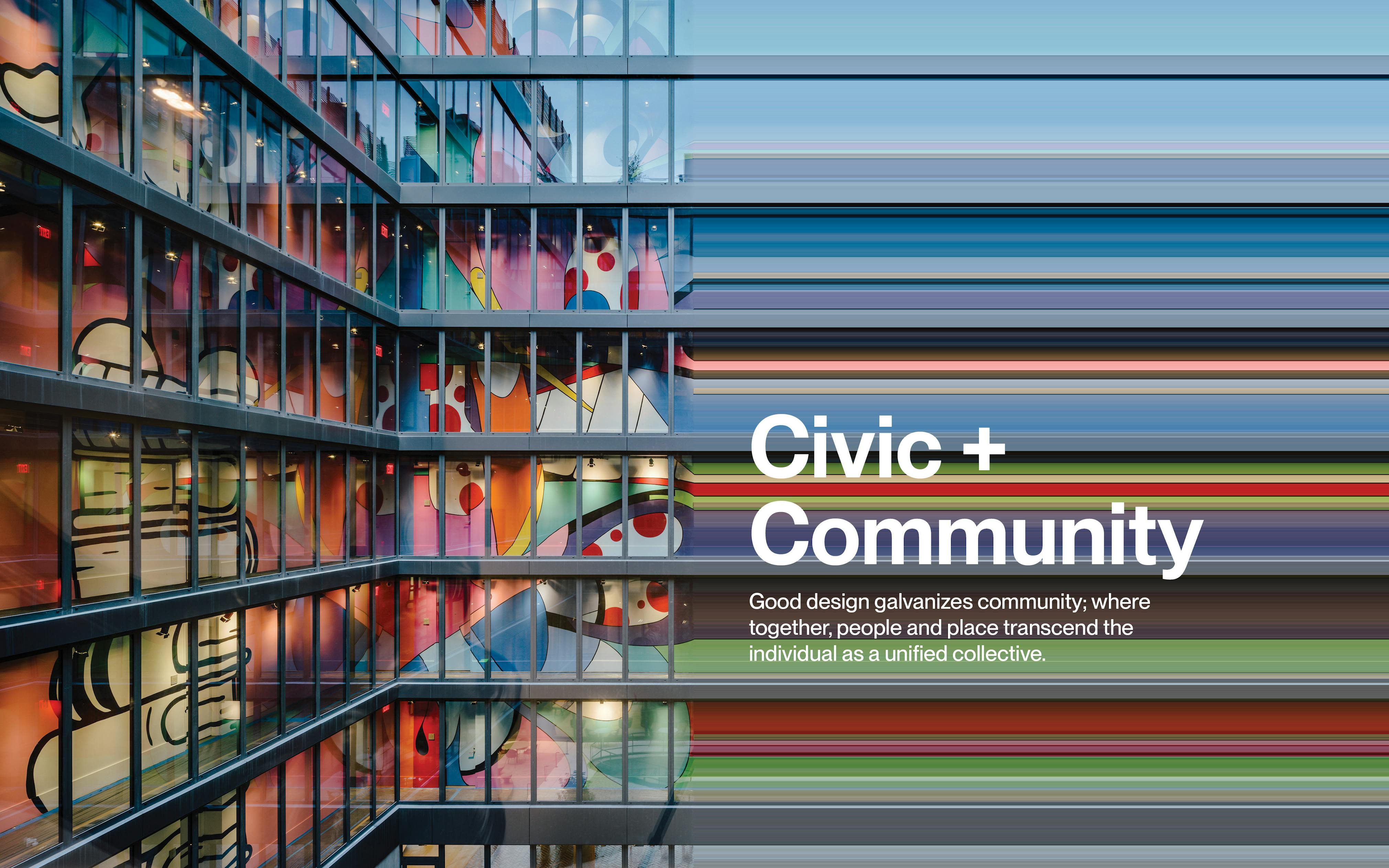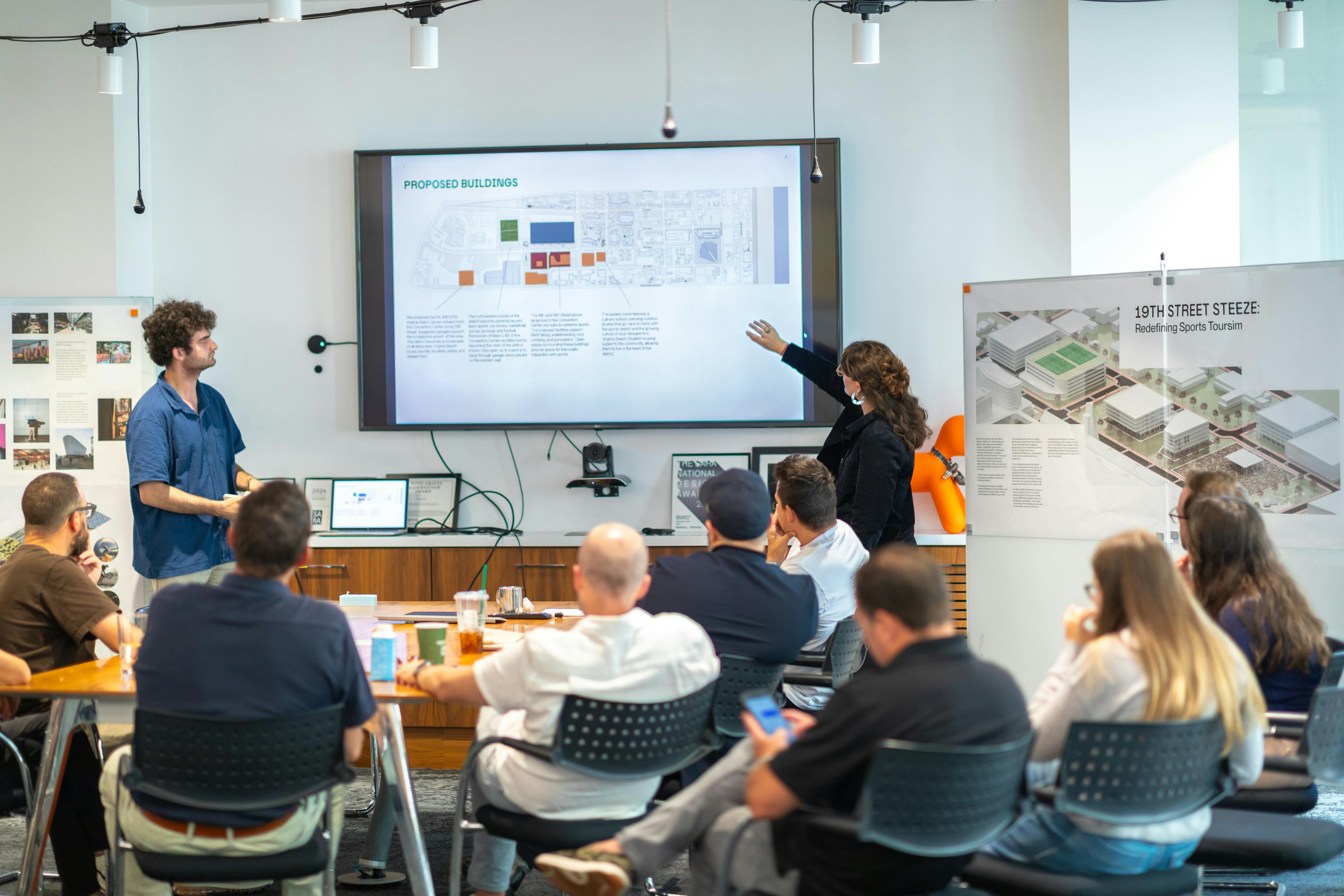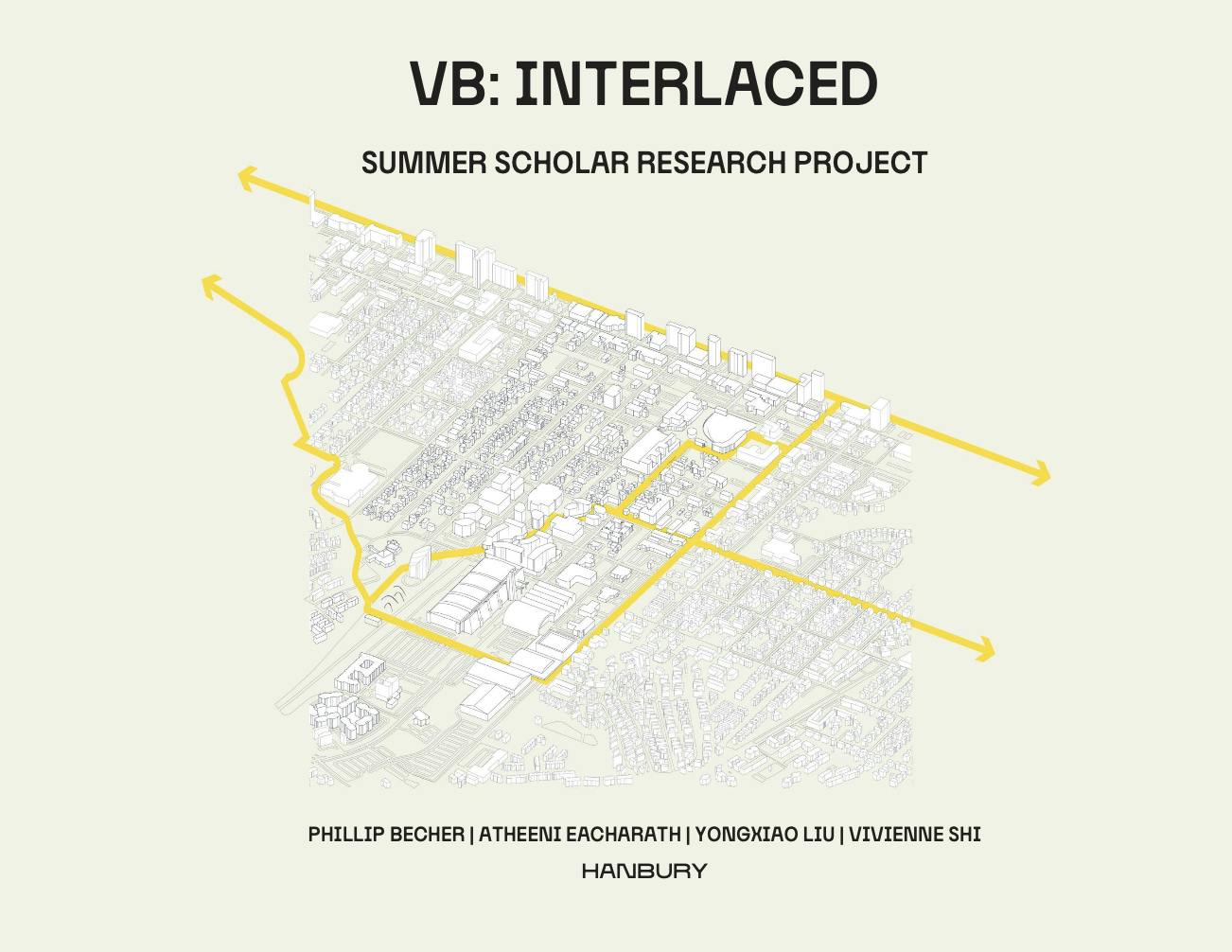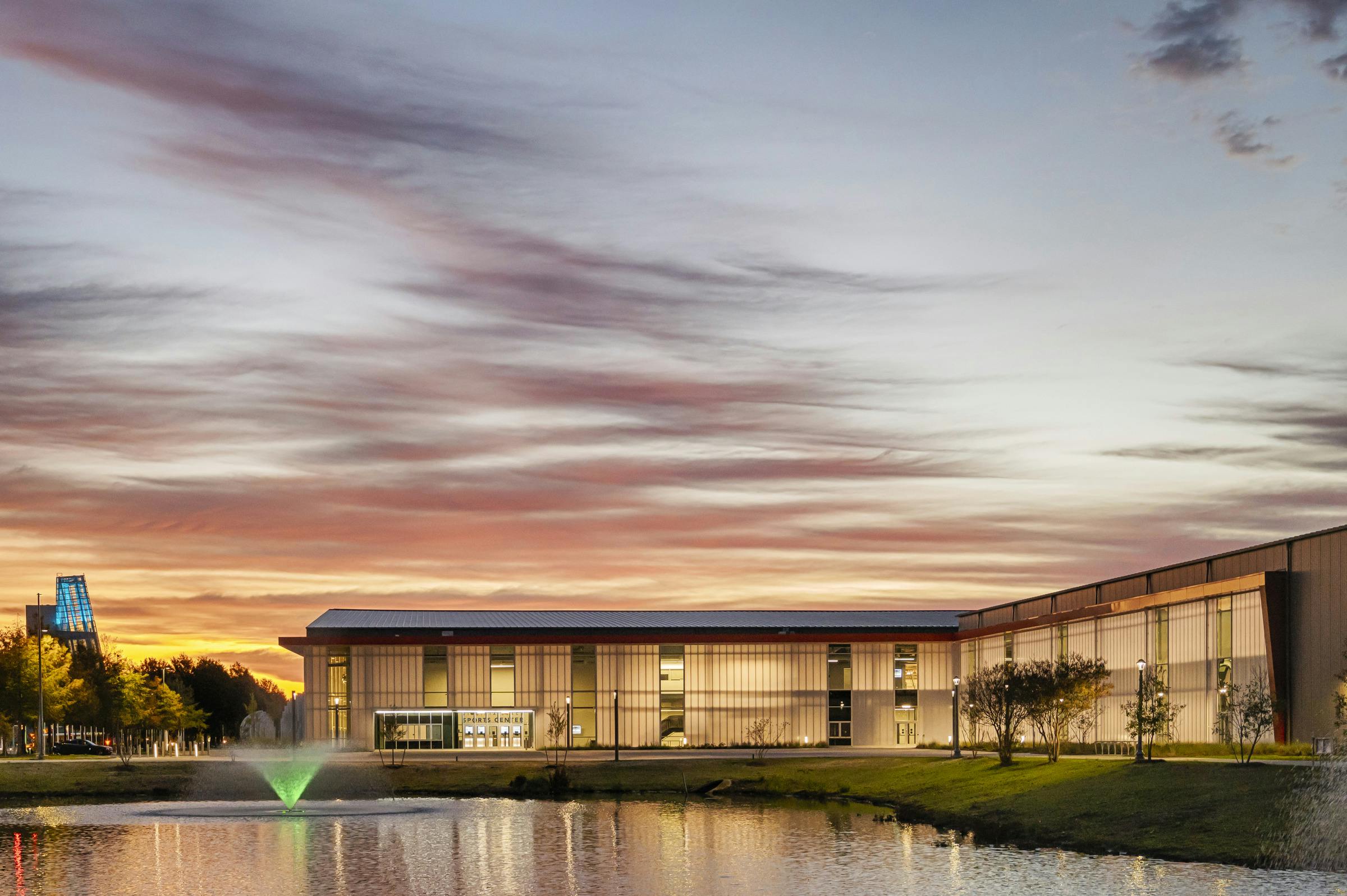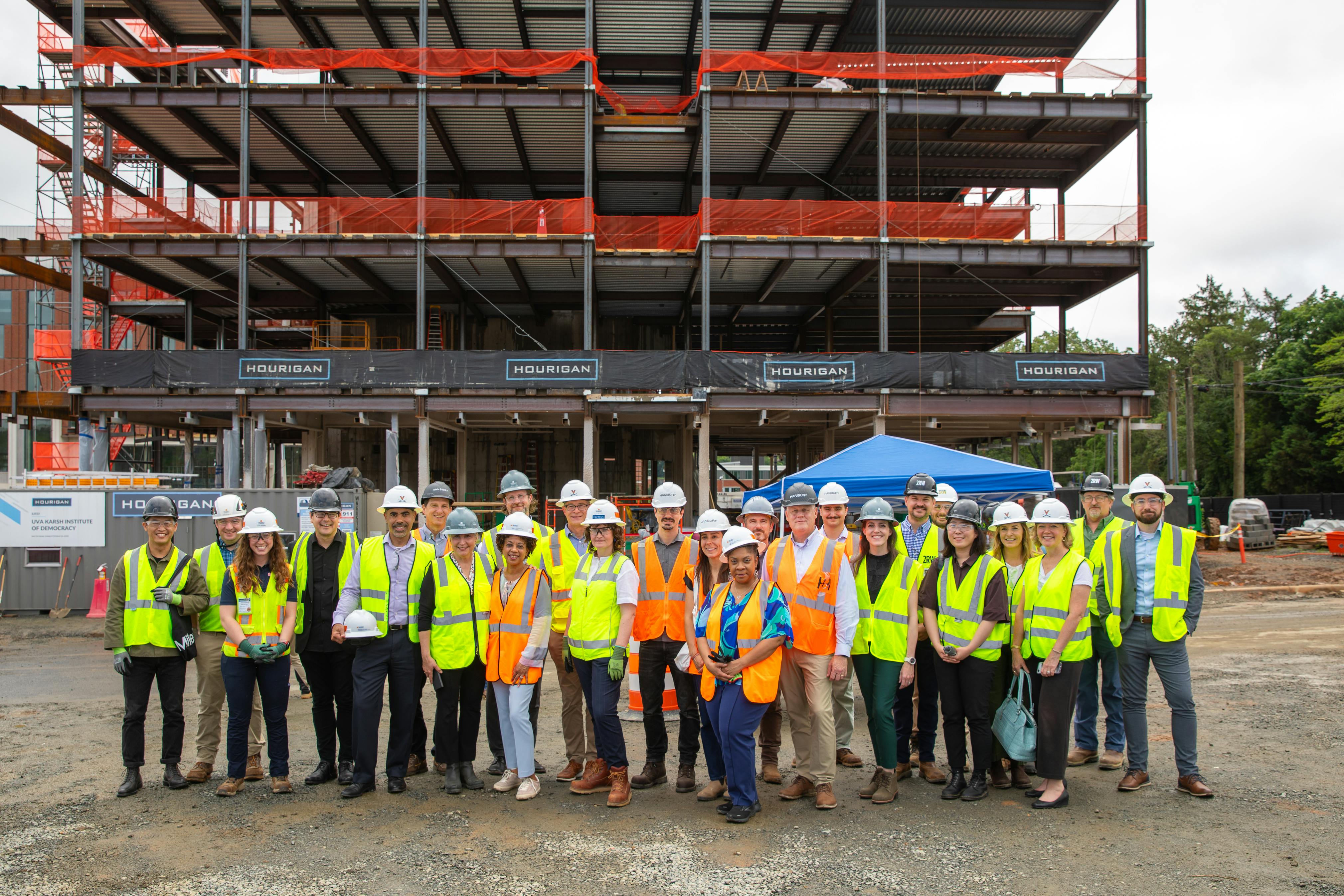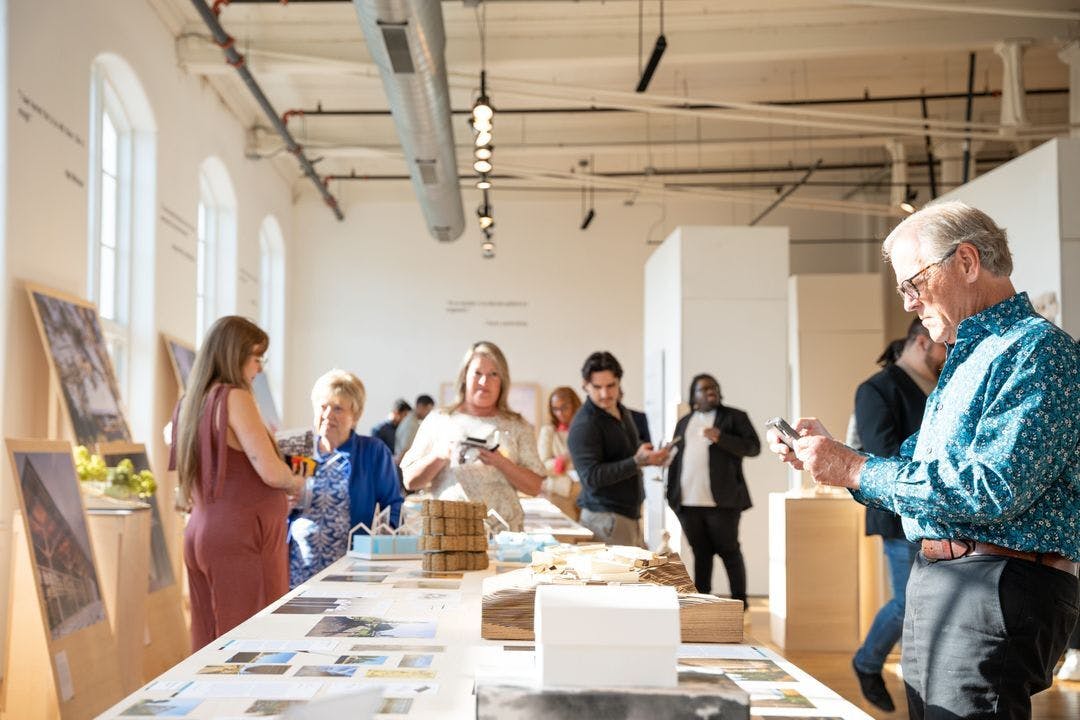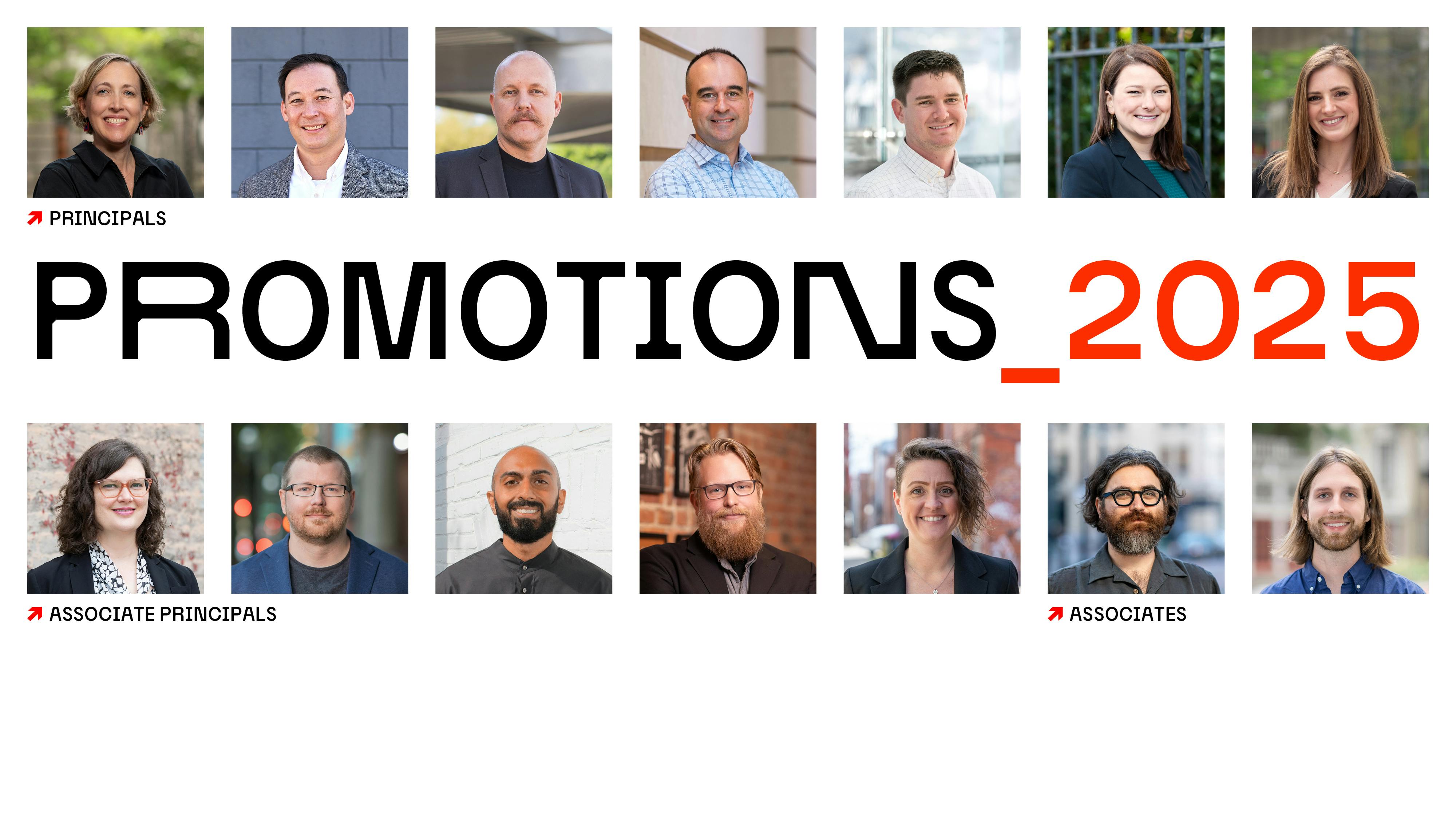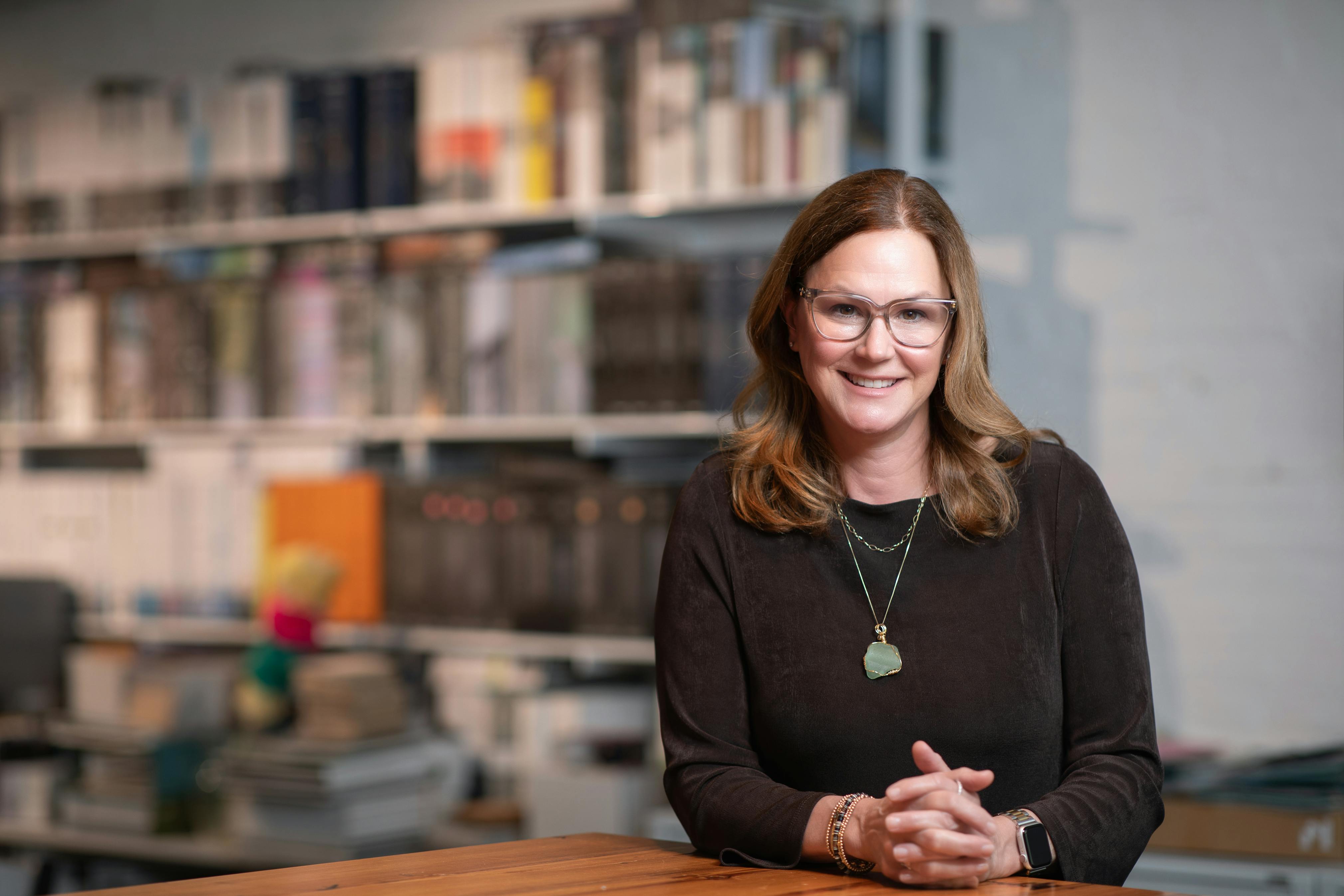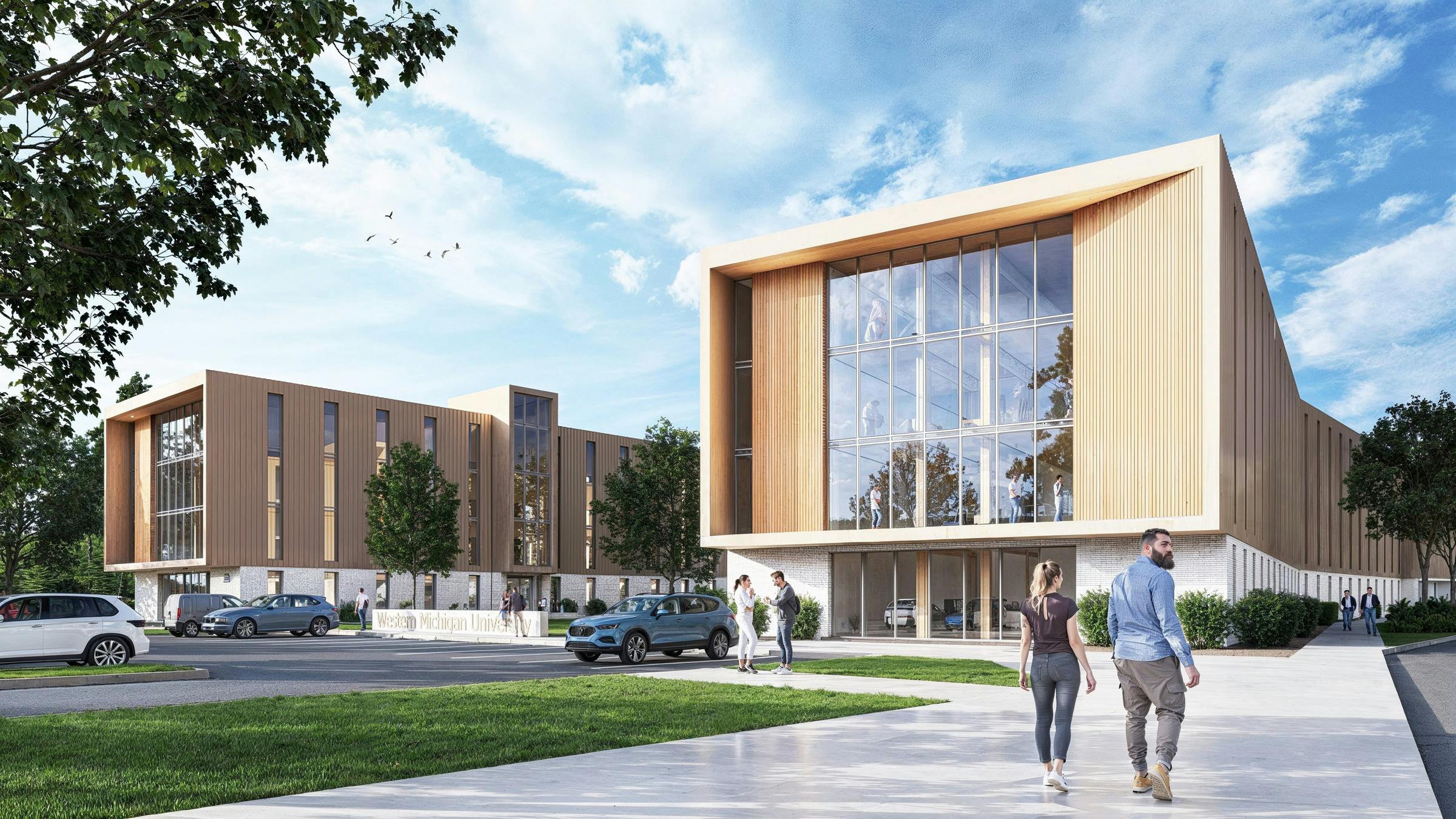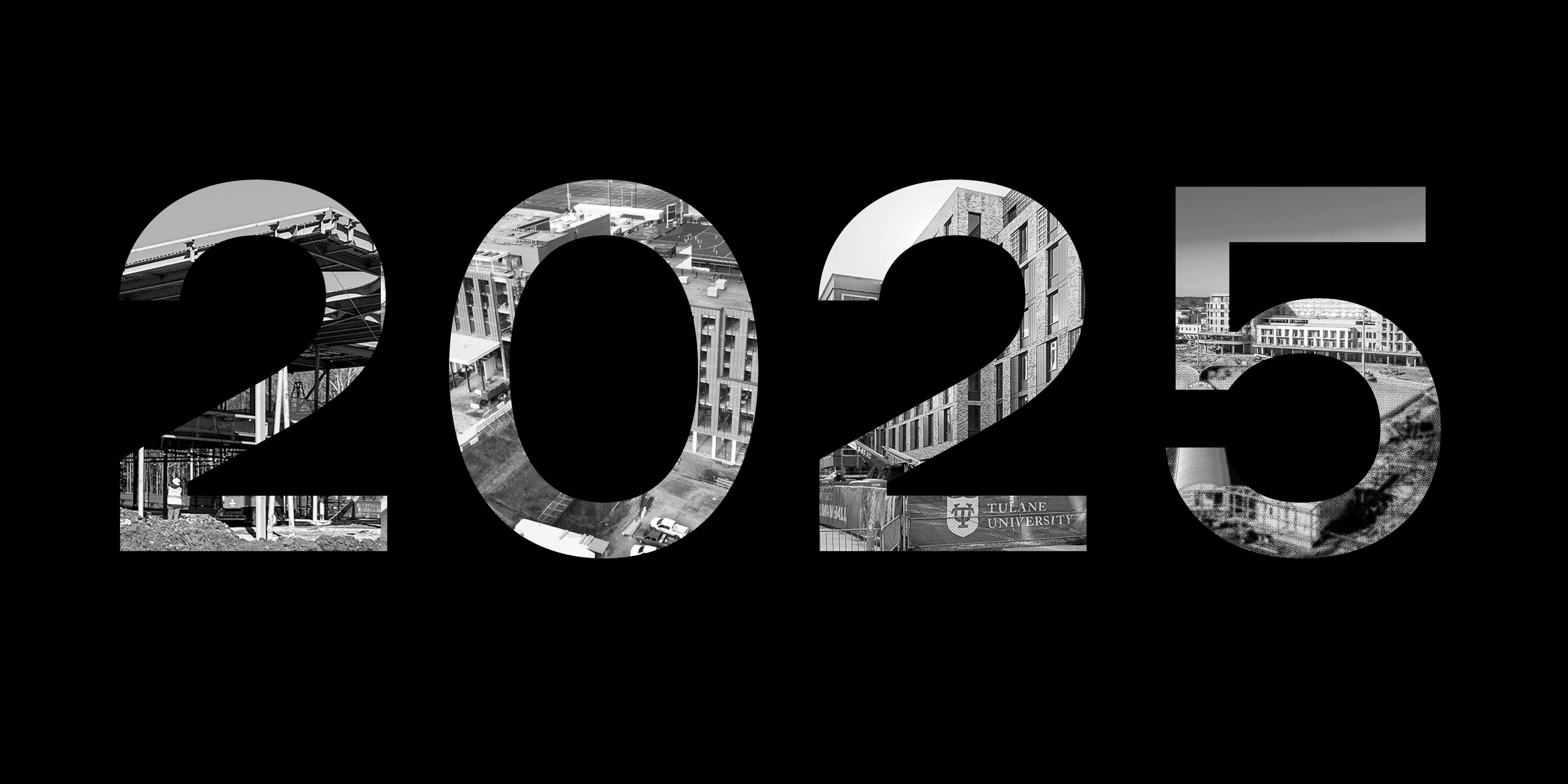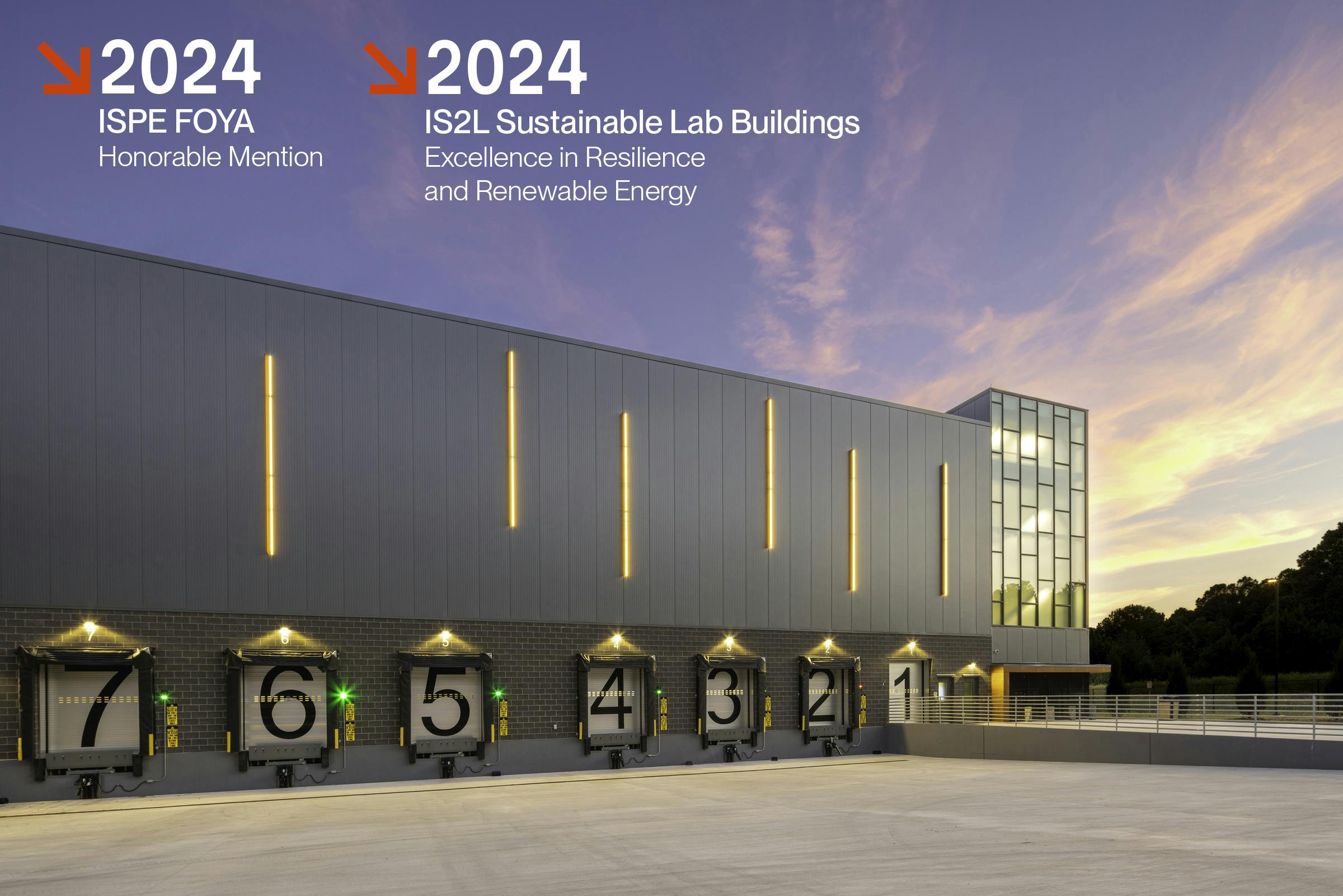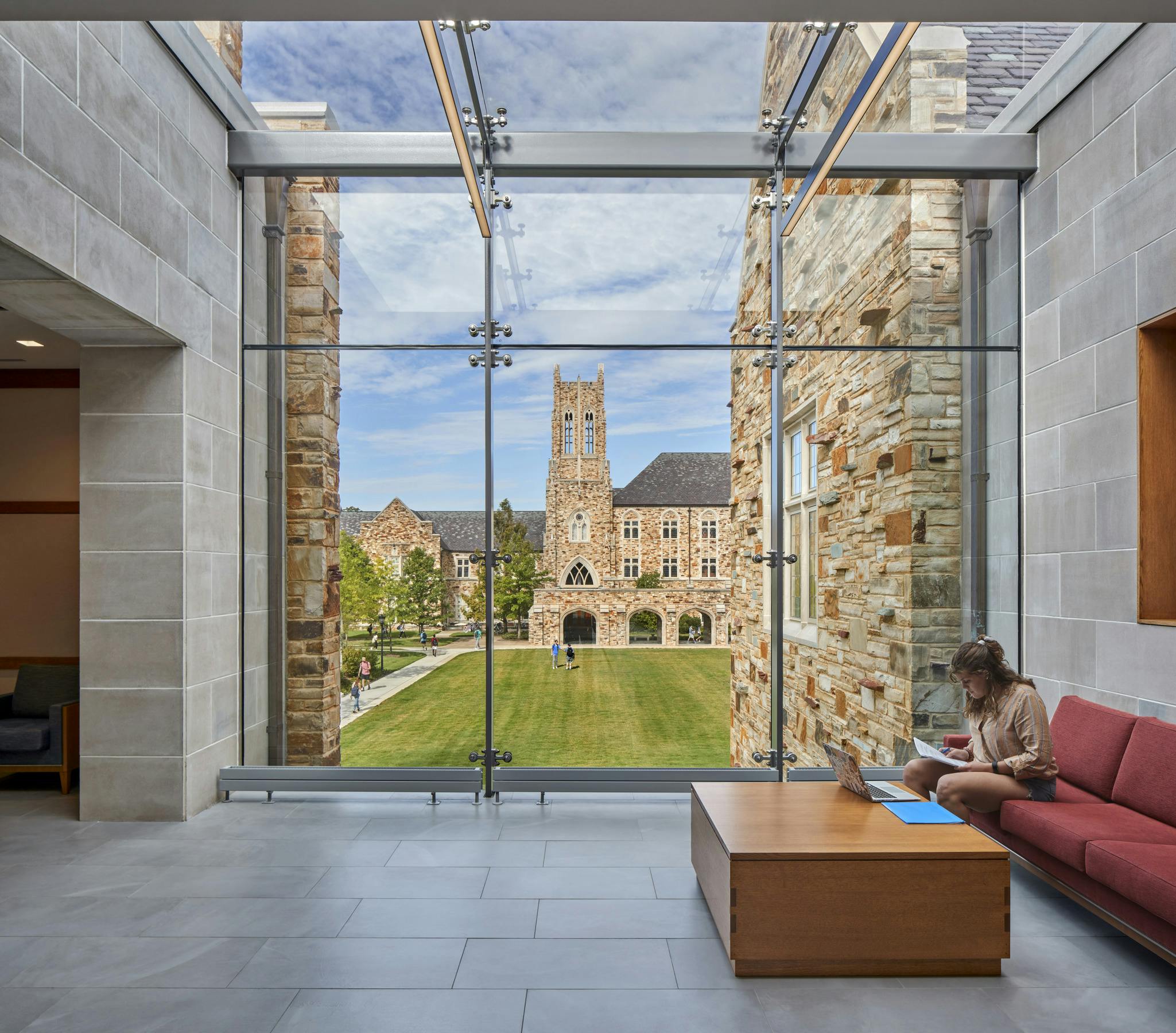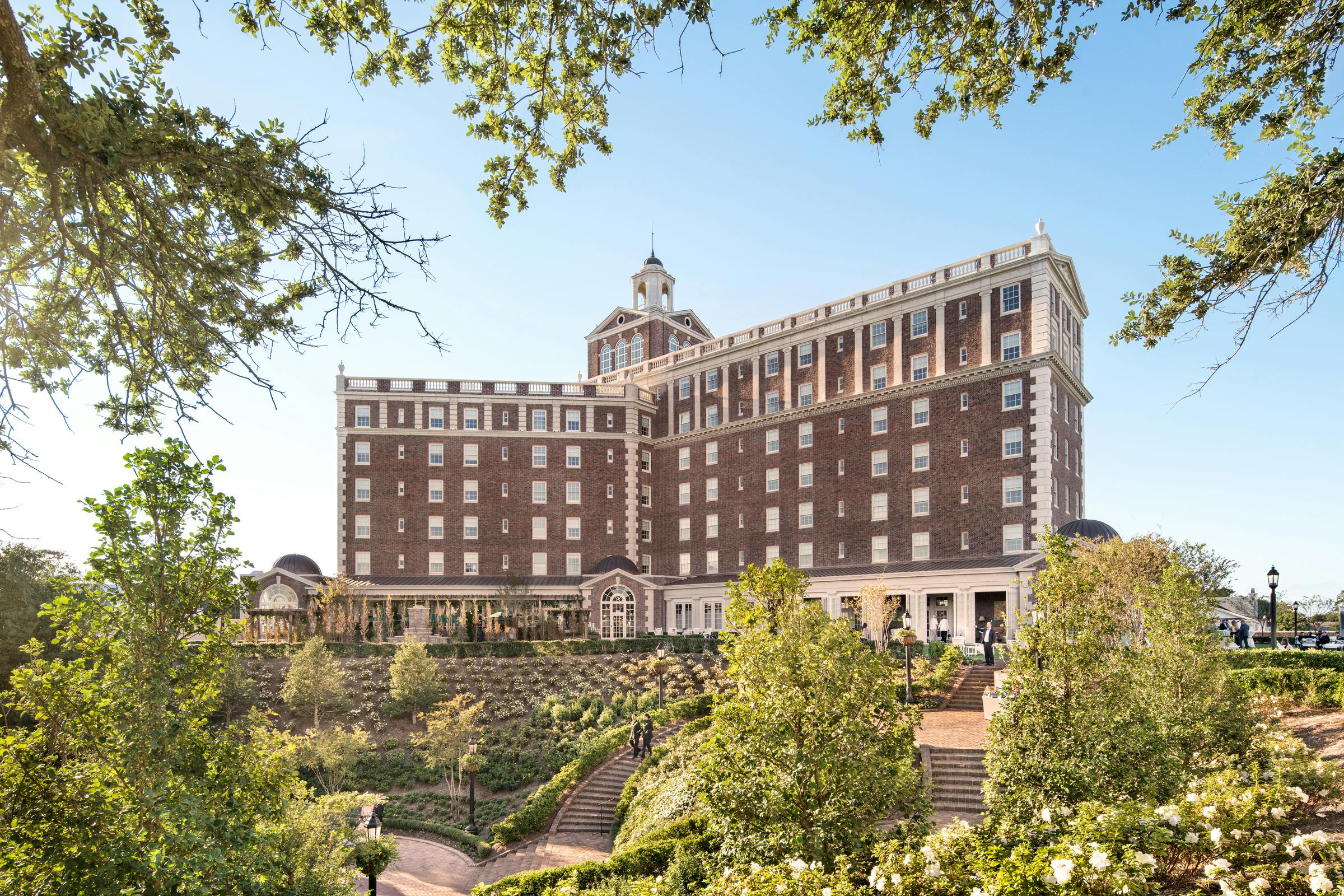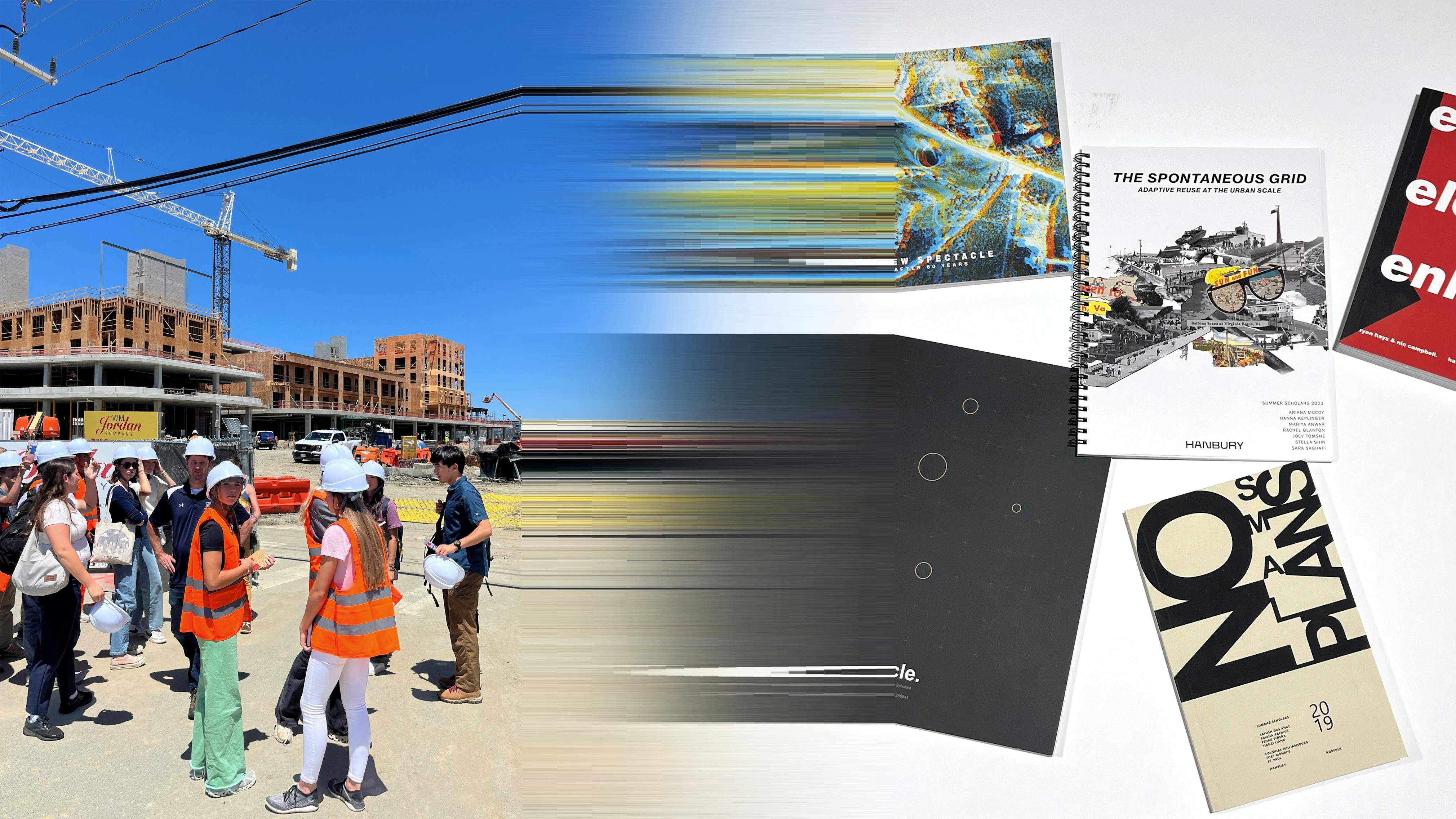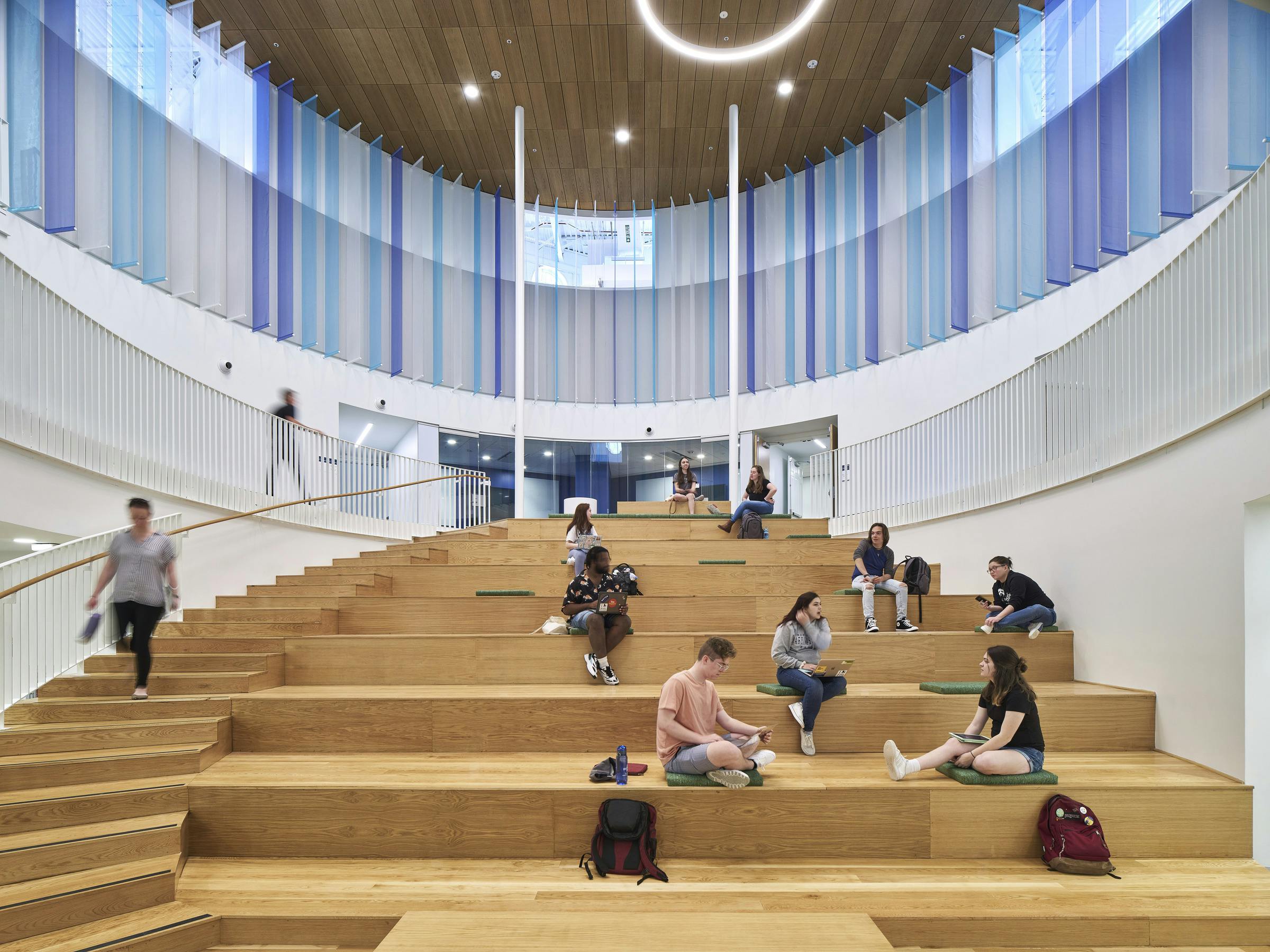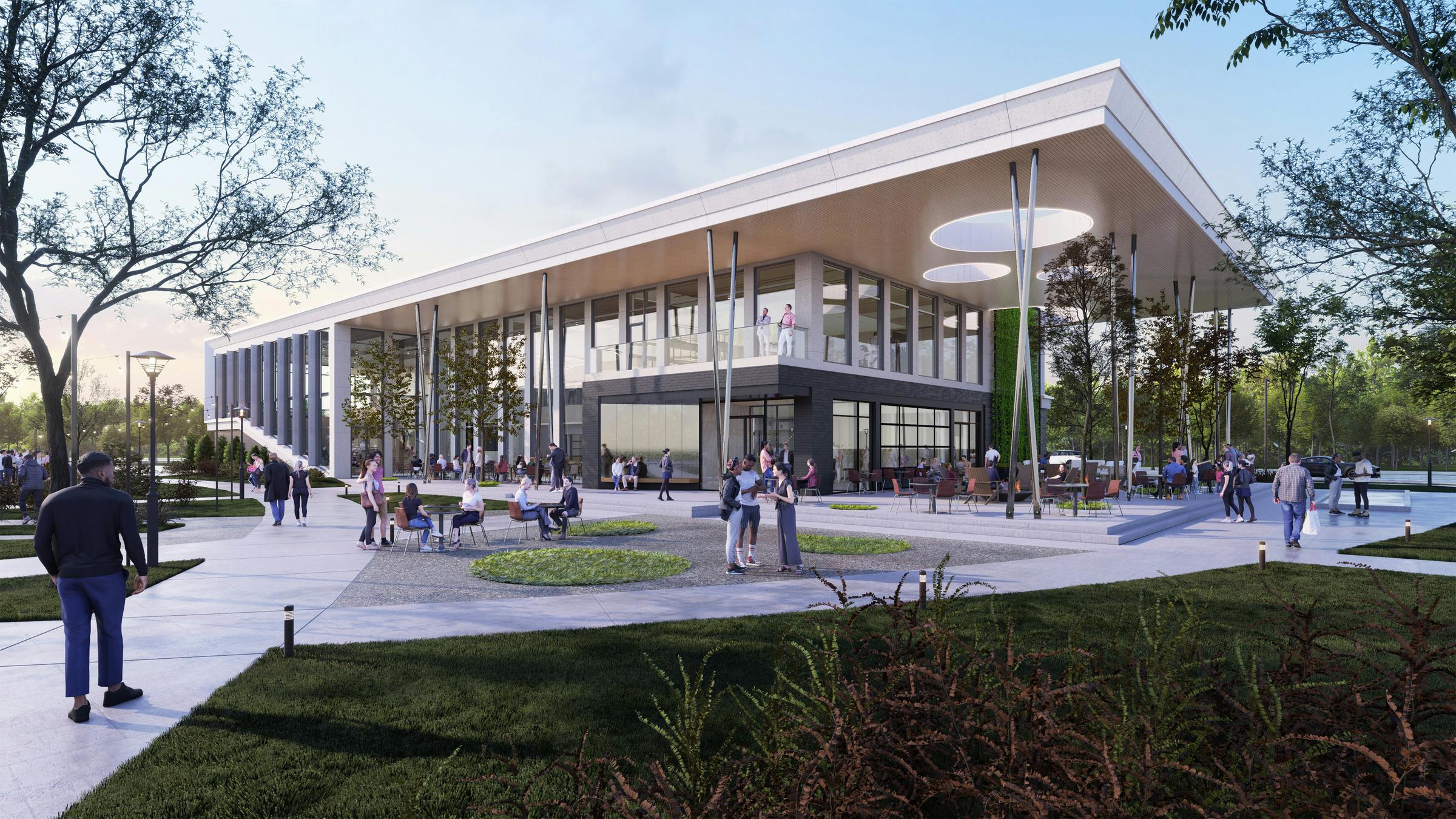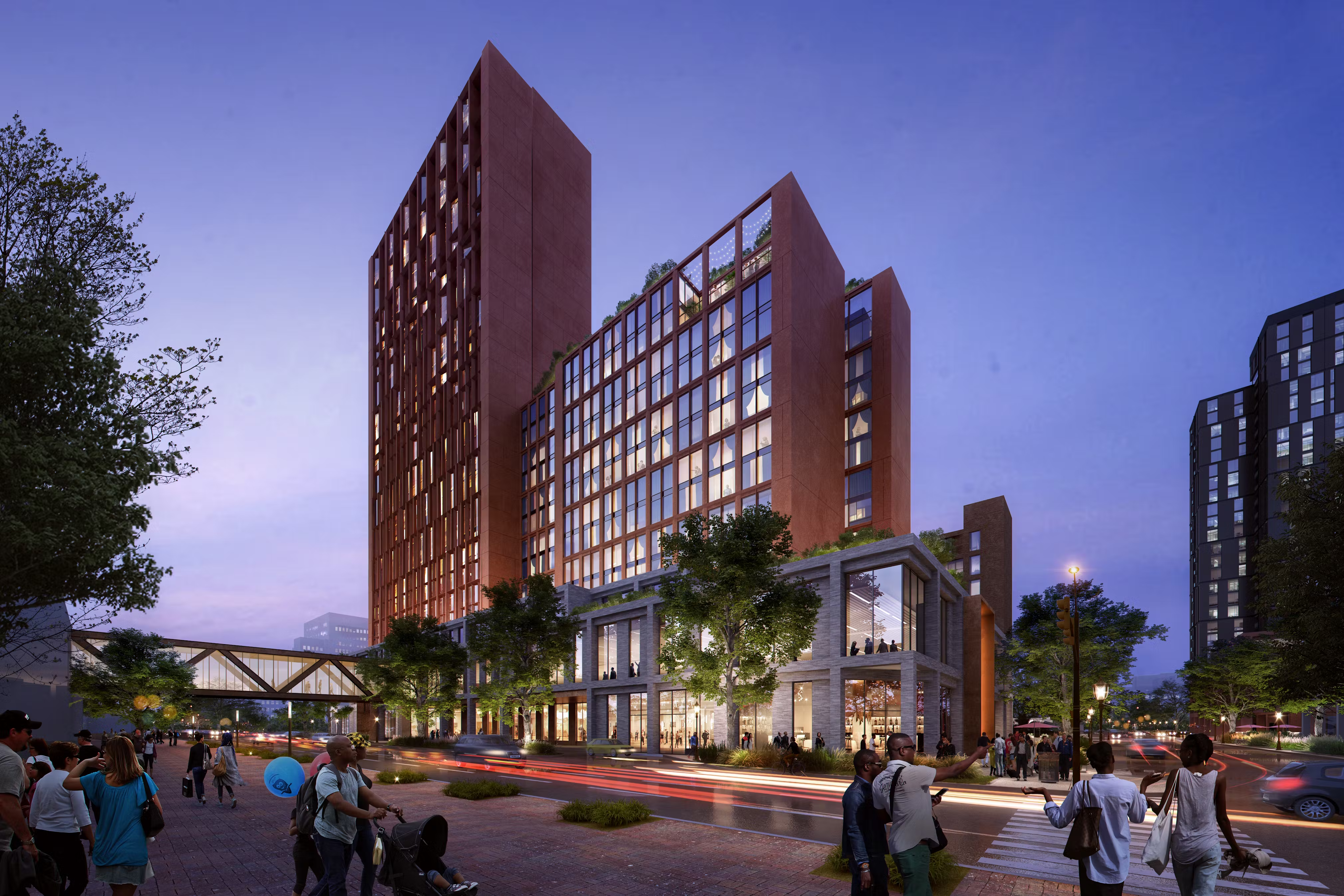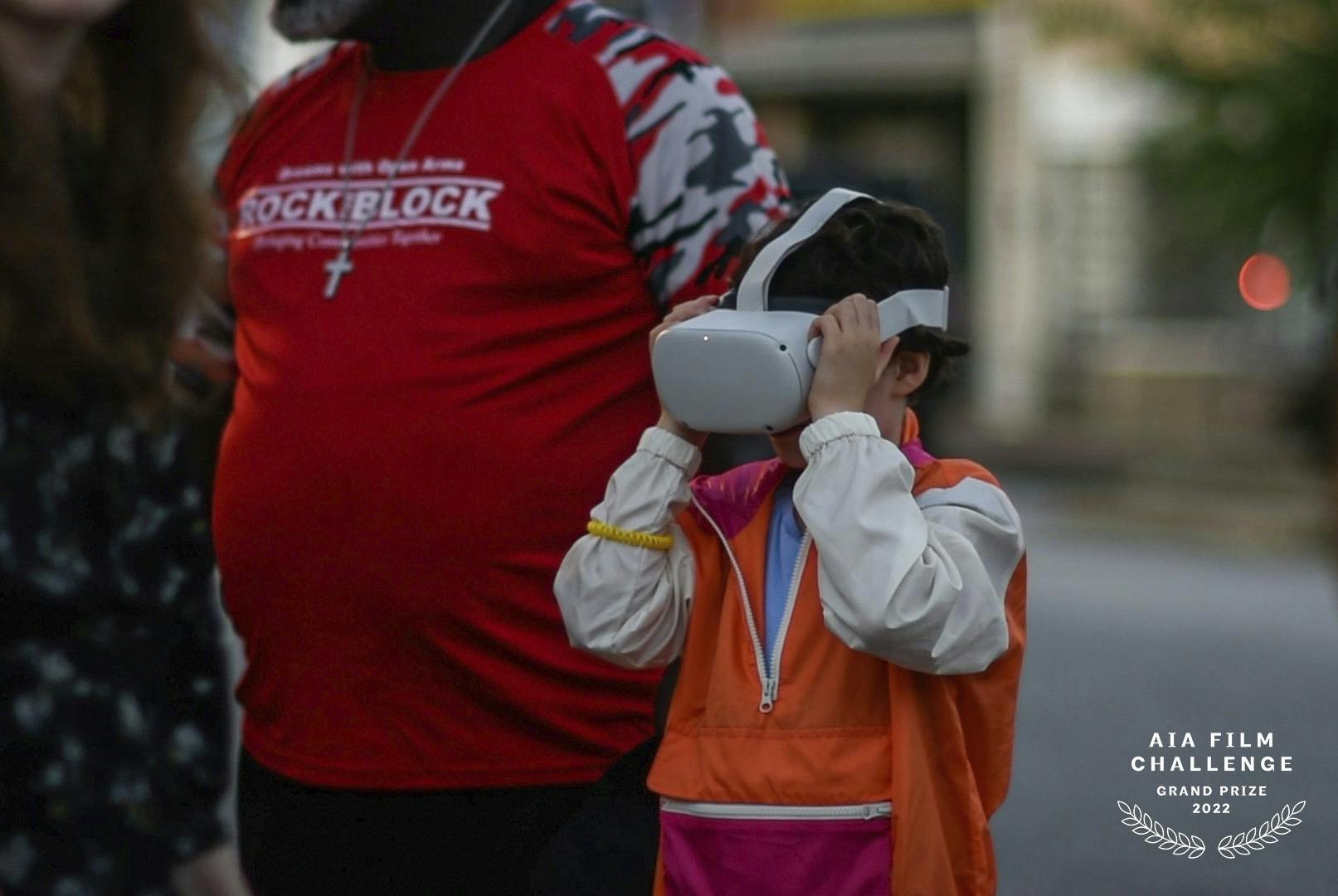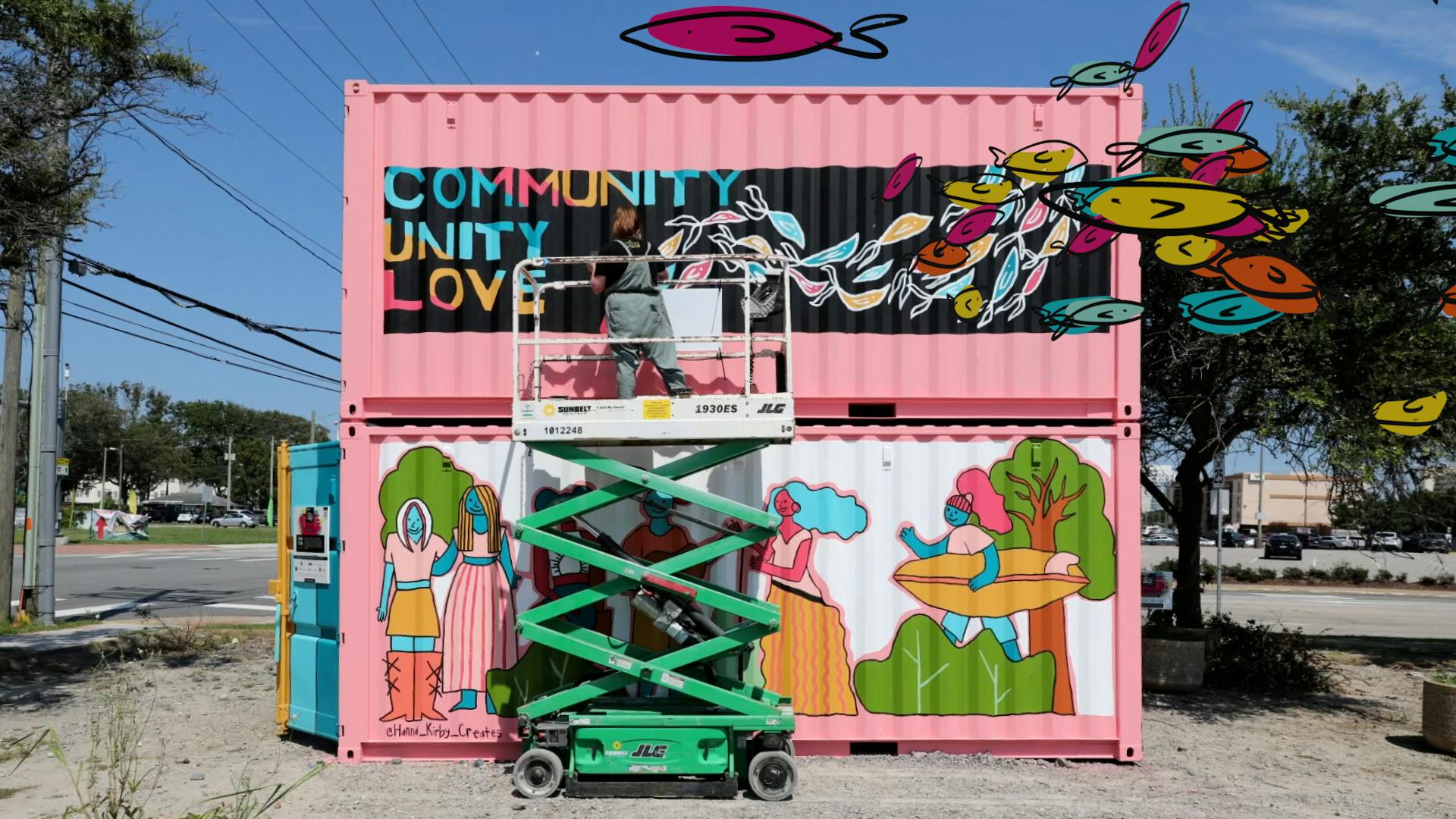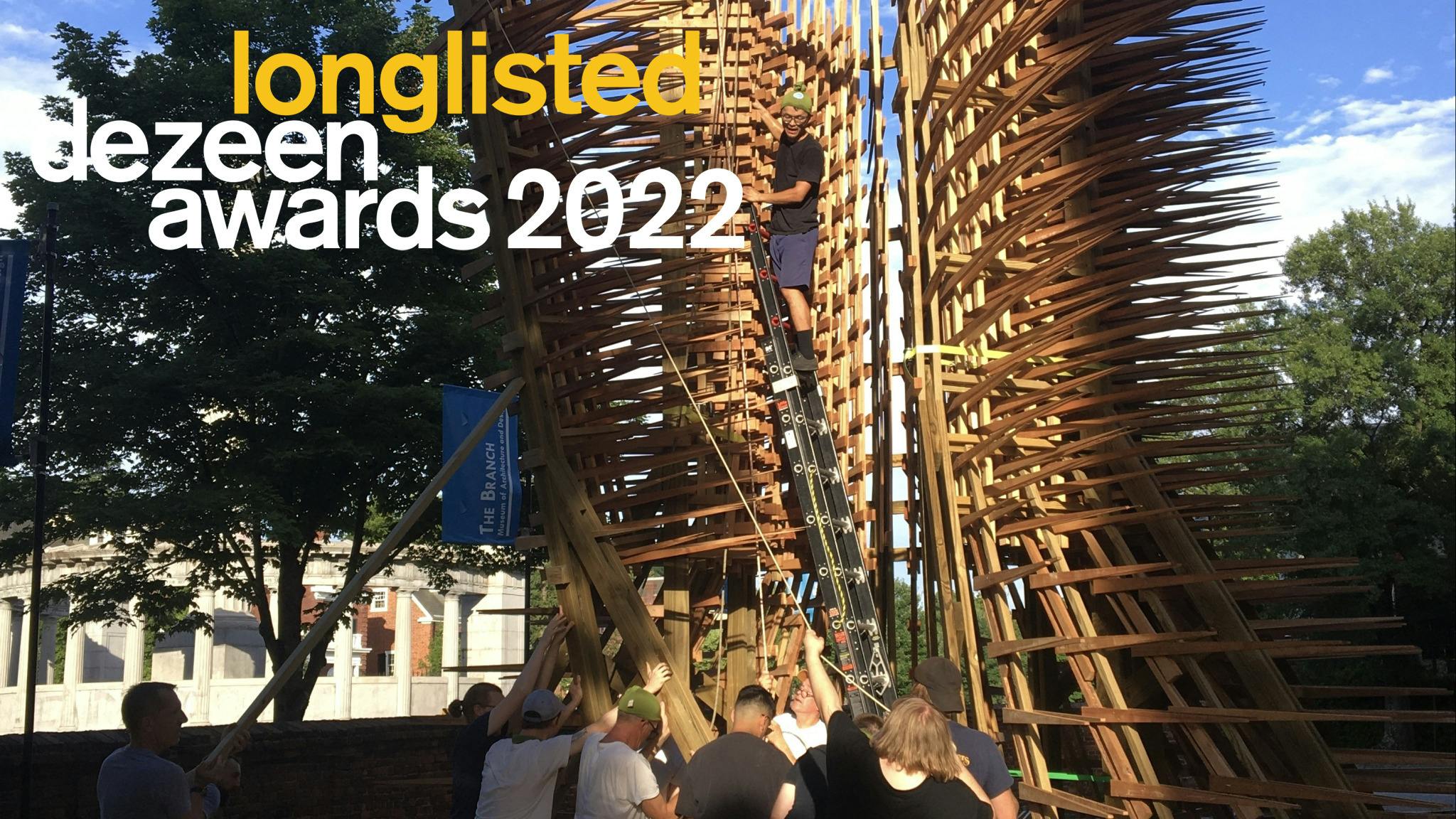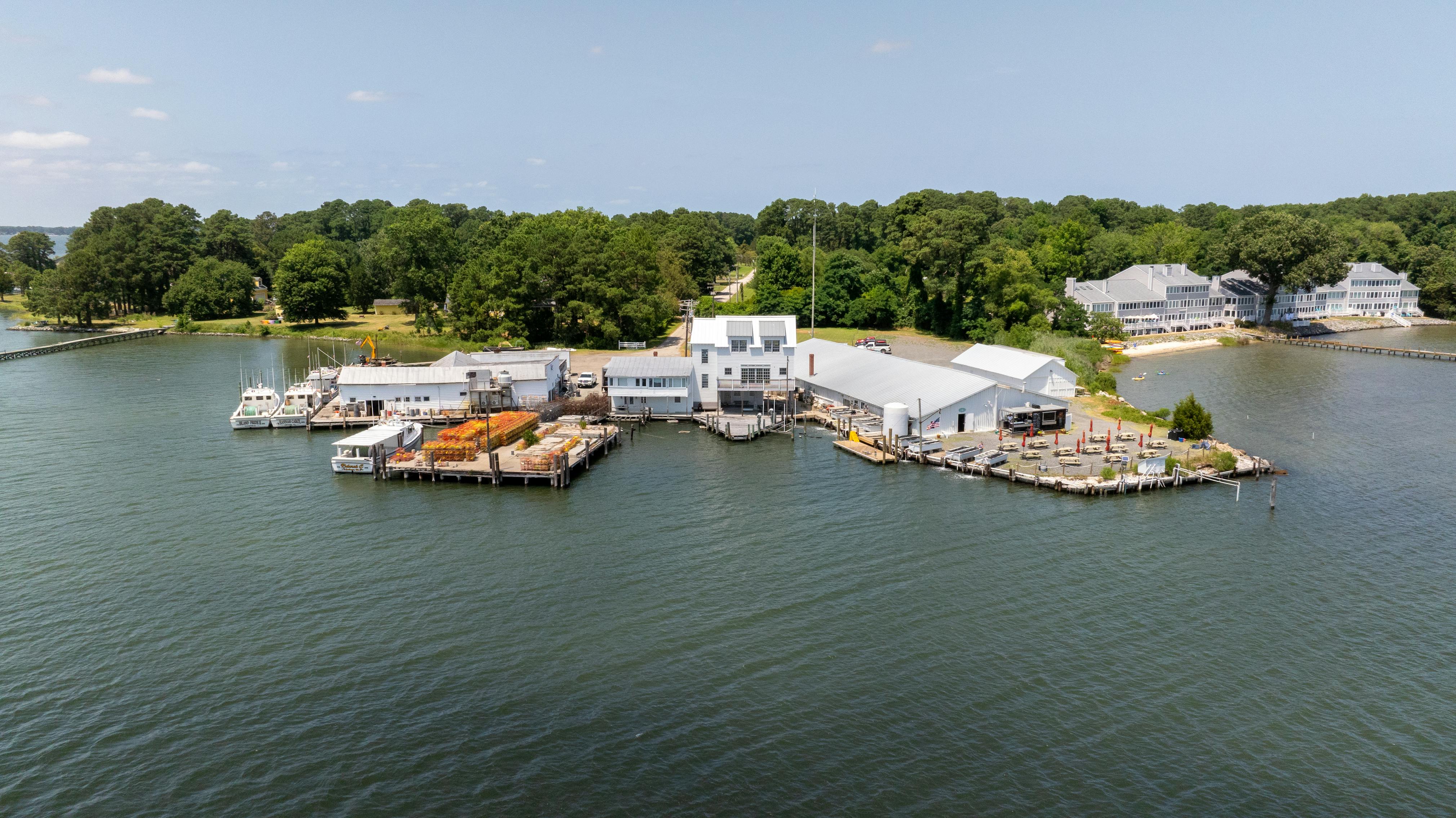

Rethinking Resilience
At Hanbury, we believe in the transformative power of design, not just to create spaces, but to reshape experiences, center community, and establish best practices. We embrace our responsibility to adapt to and prepare for the changes brought about by climate change, aiming to enhance our capacity to respond to these changes through informed, transdisciplinary research.
This commitment inspired our collaboration with Virginia Sea Grant (VASG) to launch the Hanbury-VASG Research Fellowship. Our shared goal? To develop innovative solutions that address the palpable impacts of climate change affecting communities across Virginia.




VASG's dedication to integrating disciplines spanning life sciences, engineering, law, policy, and architecture strengthens the program’s unique framework. This multidisciplinary approach fosters a free exchange of knowledge among diverse teams, deepening our understanding of resilience. Troy Hartley the Director of VASG, highlights the importance of this diversity, noting, "Our strategy of integrating knowledge across diverse perspectives equips students to tackle complex problems through teamwork. By employing evidence-based visualization and teamwork tactics, we transcend individual disciplines and produce novel outcomes essential for achieving resilience in a rapidly changing world."
Now a mainstay in Hanbury’s annual suite of programs, the Research Fellowship melds environmental science, social science, and engineering with architectural ingenuity. It invites rotating pairs of students to engage in year-long research design projects, providing a vital platform for these emerging leaders to develop new skills, collaborate across disciplines, and integrate their findings at the convergence of science, data, community, and the built environment. This nexus not only sparked but continues to fuel the partnership with VASG, driven by mutual recognition of the critical roles that architecture and engineering play in environmental stewardship and intersectional design.


The genesis of this fellowship lies in the longstanding collaboration between Hanbury and VASG. Ashley Montgomery, now Hanbury’s Director of Research and a former VASG fellow, exemplifies the significant impact of transcending traditional architectural and engineering silos. Her path illustrates the fellowship's core principle: bridging the gap between scientific research and architectural innovation, transforming environmental data into actionable design strategies that significantly inform our built environments.
Resilience is an emerging field within the profession, where acquiring skills, knowledge, and opportunities to understand the world are vital yet scarce. Hanbury and VASG recognize the importance of investing in individuals who can blend theoretical knowledge with practical, real-world scenarios to explore significant questions like "What if?" and "What's possible?" This fellowship acts as a launching pad for young designers to become leaders in this arena, continuously advancing the profession.
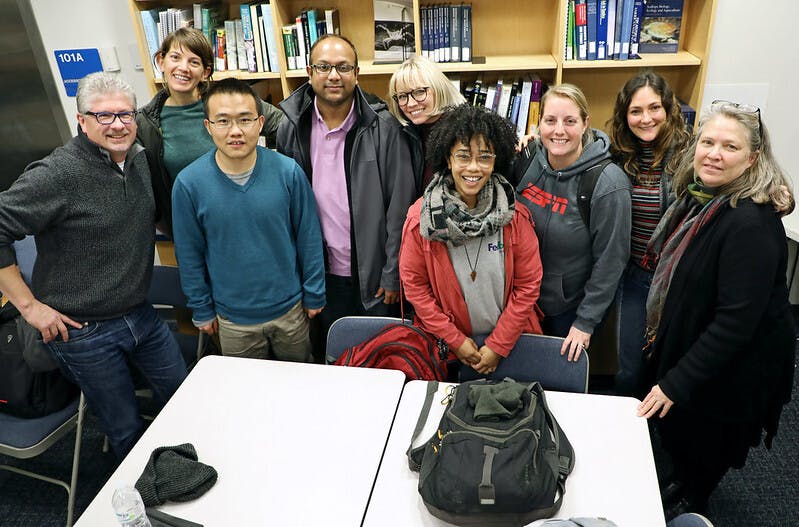



This fellowship cultivates a community of practice dedicated to mutual support and the expansion of partnerships that further resilience initiatives, leadership, and project development. Catalyzing new collaborations, it has significantly expanded our network, notably with the local chapter of the American Institute of Architects (now Coastal Virginia).
Irem Sezer, Hanbury’s first research fellow, was recently appointed as the AIAVA-VASG Coastal Adaptation & Resilience Design Post-Graduate Research and Development Fellow, a role that solidifies our involvement in pivotal discussions on resilience and community-focused design. Her integrity and tailored design approach allow her to offer valuable resilience insights to our local AIA VA chapter, informing how built environment practitioners can integrate climate change impacts into their designs.


In 2023, the fellowship's inaugural project collaborated with Natrx to explore how coastal infrastructure could transcend its traditional role and weave itself into community and architectural frameworks. This project not only addressed ecological challenges but also sought to integrate the ecological behaviors of these structures into the community's daily life, enhancing both utility and aesthetics.
This year, the fellowship revisits the foundational work of VASG by partnering with an oyster hatchery on Gwynn’s Island. The project aims to redefine the infrastructure of rural coastal communities, which are often the most vulnerable to the effects of climate change. By reimagining these spaces, the fellowship seeks to create sustainable, resilient environments that bolster both the community and the local economy.
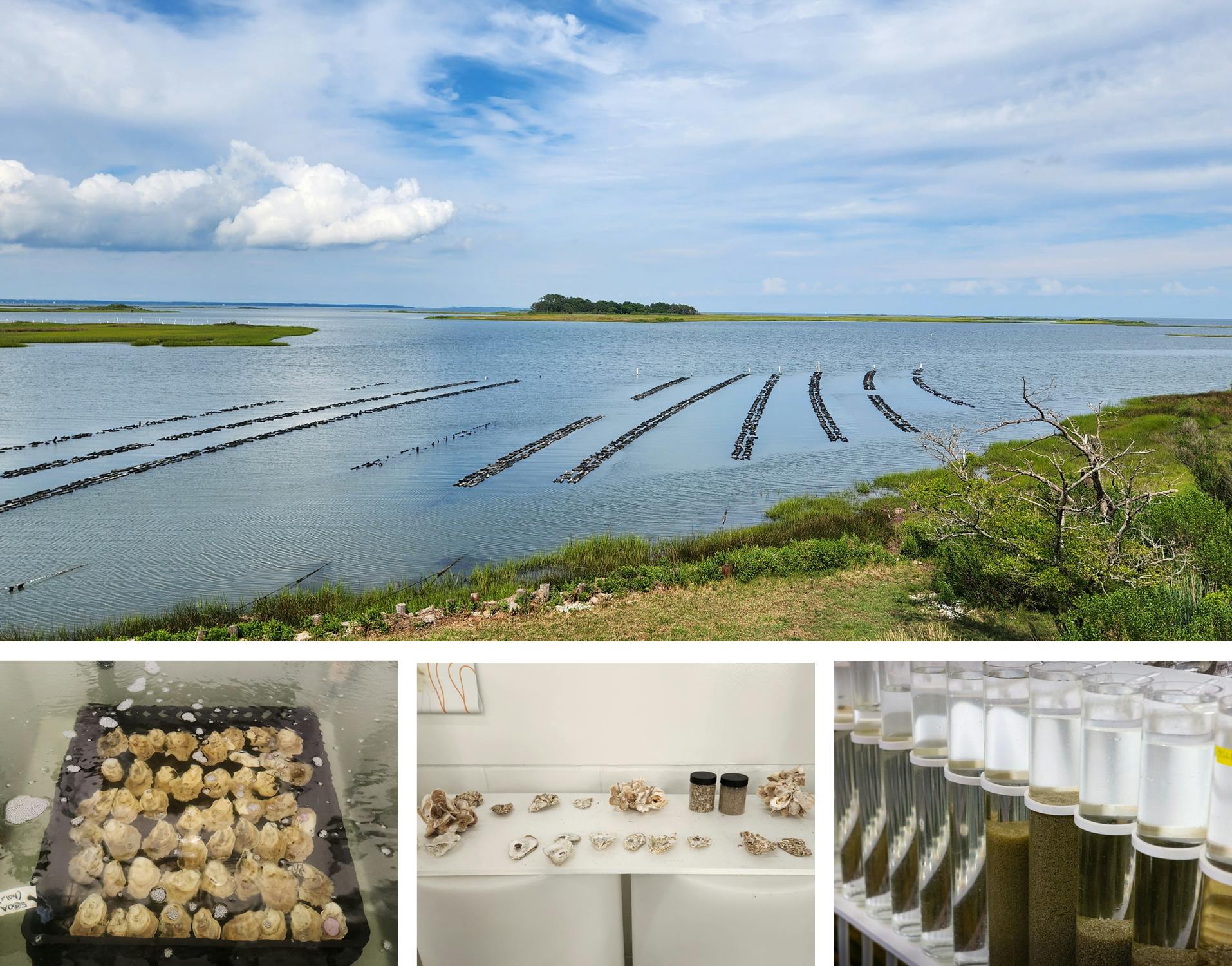

More than an academic venture, the Research Fellowship is a commitment to understanding and designing for resilience, preparing the next generation of architects and designers with the necessary tools and insights to tackle some of the most pressing global challenges. By immersing our fellows in resilience concepts and providing a real-world platform for application, we hope to equip them to lead and innovate in a constantly evolving landscape.






